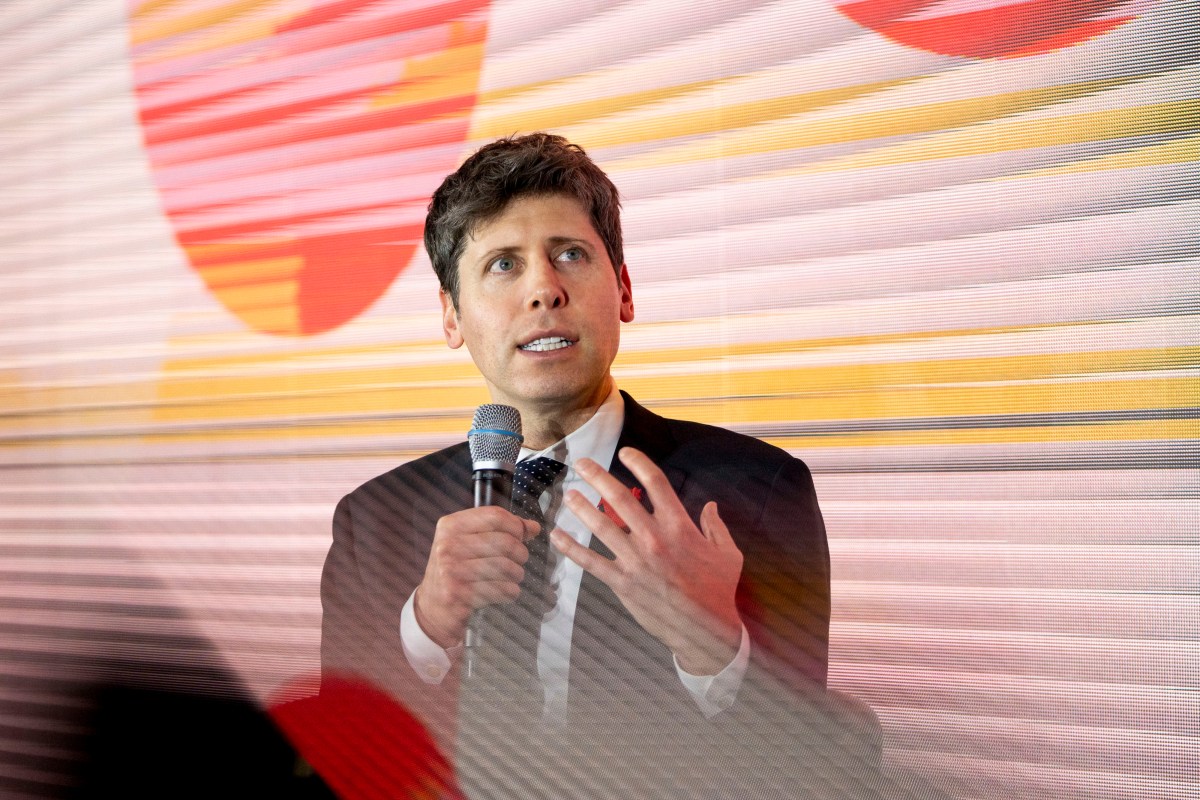OpenAI has announced a significant shift in its approach to training AI models, with a new emphasis on “intellectual freedom” and a commitment to addressing all topics, no matter how challenging or contentious they may be. This change in policy is reflected in the company’s updated Model Spec, a 187-page document that outlines the guiding principles for its AI models.
As a result of this update, ChatGPT, OpenAI’s AI chatbot, will be able to respond to a wider range of questions, provide more diverse perspectives, and engage in discussions on topics that were previously off-limits. This shift is part of a broader movement in Silicon Valley, where companies are reevaluating their approaches to content moderation and the role of AI in facilitating open and inclusive conversations.
The updated Model Spec introduces a new principle, “Do not lie, either by making untrue statements or by omitting important context.” This principle is designed to ensure that ChatGPT provides accurate and comprehensive information, even on sensitive or controversial topics. In a new section called “Seek the truth together,” OpenAI emphasizes its commitment to neutrality and its desire to facilitate constructive dialogue, rather than taking an editorial stance or promoting a particular ideology.
For instance, ChatGPT may respond to a question about a contentious issue by acknowledging multiple perspectives and providing context, rather than refusing to answer or taking a side. This approach reflects OpenAI’s goal of creating a platform that is informative, engaging, and respectful of diverse viewpoints.
However, this shift in approach has also raised concerns among some who argue that it could lead to the dissemination of misinformation or the amplification of harmful ideologies. OpenAI’s decision to remove certain content warnings from ChatGPT has been seen as a move to make the platform feel less censored, but it also raises questions about the company’s commitment to safety and responsibility.
Conservatives claim AI censorship

Some conservatives have accused OpenAI of censorship, claiming that the company’s previous approach to content moderation was biased against right-wing viewpoints. However, OpenAI has consistently maintained that its goal is to provide a platform that is neutral and respectful of all perspectives.
The company’s updated Model Spec and the removal of content warnings from ChatGPT reflect a broader shift in Silicon Valley, where companies are reevaluating their approaches to content moderation and the role of AI in facilitating open and inclusive conversations. As OpenAI continues to evolve and improve its platform, it will be important to balance the need for intellectual freedom with the need for safety and responsibility.
Generating answers to please everyone

The challenge of generating answers that please everyone is a complex one, and it requires a delicate balance between providing accurate and comprehensive information, and avoiding the dissemination of misinformation or harm. As AI models become increasingly sophisticated, they will be able to provide more nuanced and contextualized responses to complex questions, but they will also require more sophisticated approaches to content moderation and safety.
In this context, OpenAI’s updated Model Spec and the removal of content warnings from ChatGPT reflect a commitment to intellectual freedom and a willingness to engage with complex and contentious topics. However, they also raise important questions about the company’s approach to safety and responsibility, and the potential risks and benefits of providing a platform that is open to all perspectives.
Shifting values for Silicon Valley

The shifting values of Silicon Valley reflect a broader cultural and societal shift, where the importance of free speech and open conversation is being reevaluated. As AI models become increasingly sophisticated, they will play a critical role in shaping the boundaries of acceptable discourse and the norms of online communication. In this context, OpenAI’s commitment to intellectual freedom and its willingness to engage with complex and contentious topics reflect a significant shift in the company’s approach to content moderation and safety.
However, this shift also raises important questions about the potential risks and benefits of providing a platform that is open to all perspectives. As OpenAI continues to evolve and improve its platform, it will be essential to balance the need for intellectual freedom with the need for safety and responsibility, and to ensure that the company’s approach to content moderation is transparent, consistent, and respectful of all perspectives.
Source Link





